A little off Tokyo’s ever-hectic, dizzying cities of Shinjuku and Shibuya, the Hatsudai district is composed of quiet residential neighborhoods if nothing else. Nevertheless, it’s a popular area among the enthusiasts of ankyo or culverts, an important aspect in the modernization history of Tokyo, which once had (and still has) a huge crisscrossing network of rivers and canals.
As the city grew from the feudal capital it once was, rising from the ashes of war into a sky-scraping metropolis, so did the need to improve its traffic infrastructure. Its answer was to landfill or put away the rivers underneath the asphalt roads, creating street after street of so-called culverts. Their traces can be still spotted in some places, be it the unconventional curves of the road or the toponymic suffix -kawa or -gawa meaning “river.”
In the case of the now-lost Hatsudai tributary of the Udagawa river, the testament to its past is a lot less subtle than those, but typically overlooked in spite of that. Blocking one residential alley is what appears to be the stone railings of a bridge, less than knee-high, standing like a pair of worn-out benches. It may not look much, and probably never did, but the fact remains that these are one of the rarest, best-preserved remnants of Tokyo’s lost rivers, now running right below its streets.
Know Before You Go
The area is a popular location for culvert-hunting, hiding many traces of lost rivers in plain sight, including a spot where river-water springs out of a small indentation on one side of the street. There are several ruins of former bridges nearby as well.

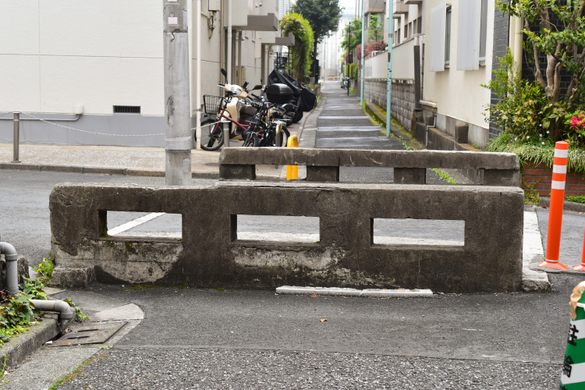
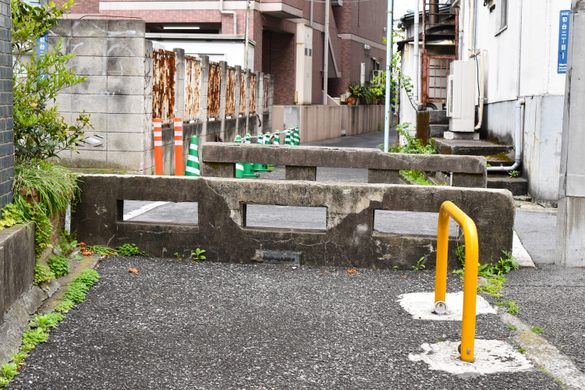
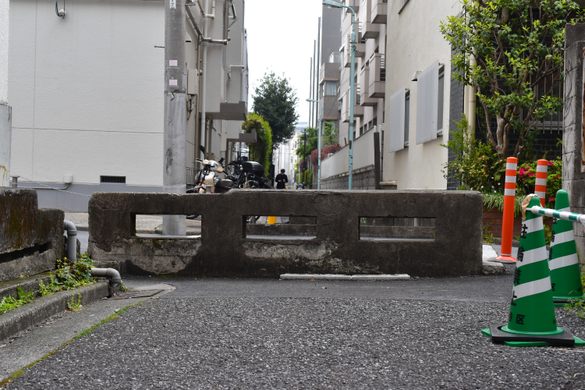
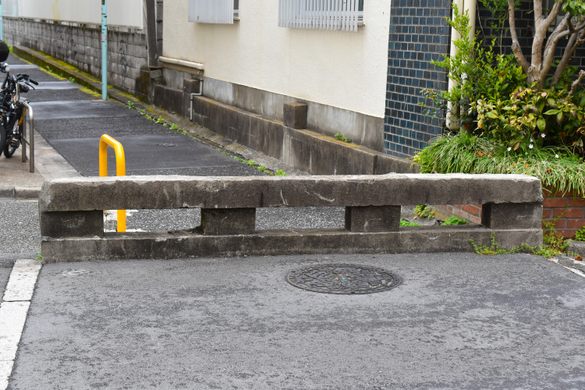
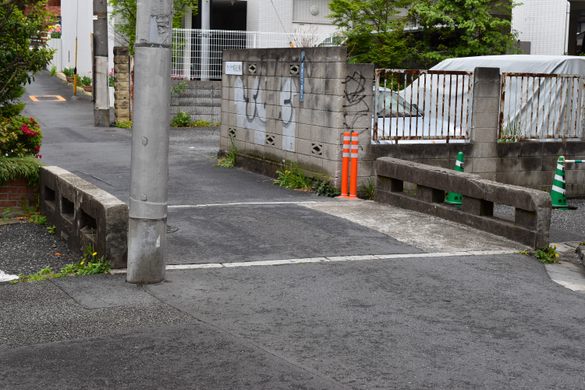



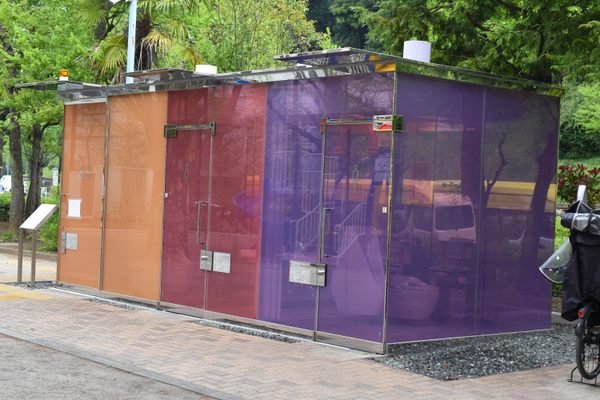

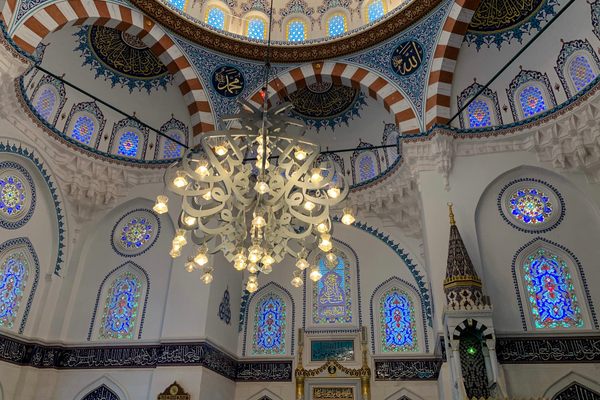

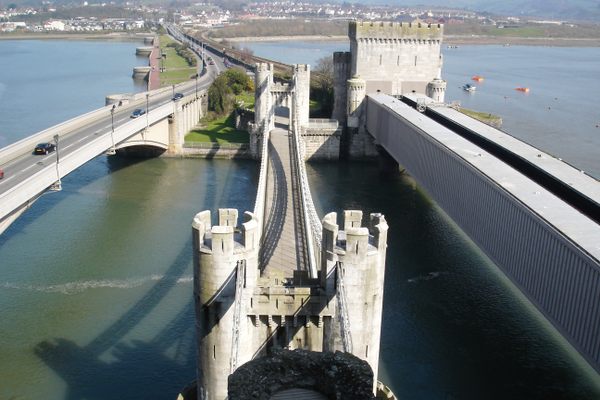
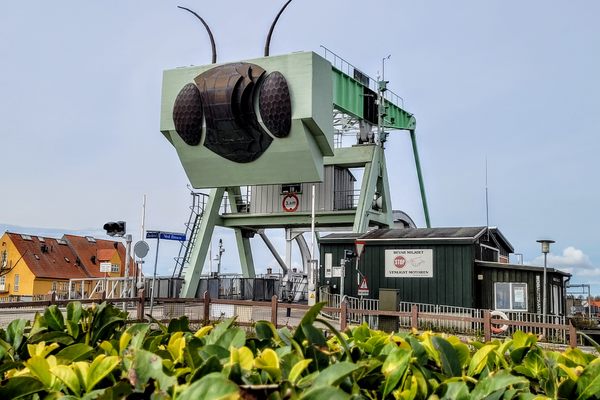

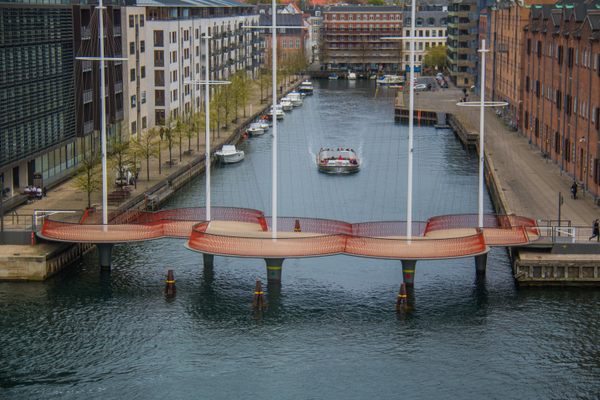

Follow us on Twitter to get the latest on the world's hidden wonders.
Like us on Facebook to get the latest on the world's hidden wonders.
Follow us on Twitter Like us on Facebook